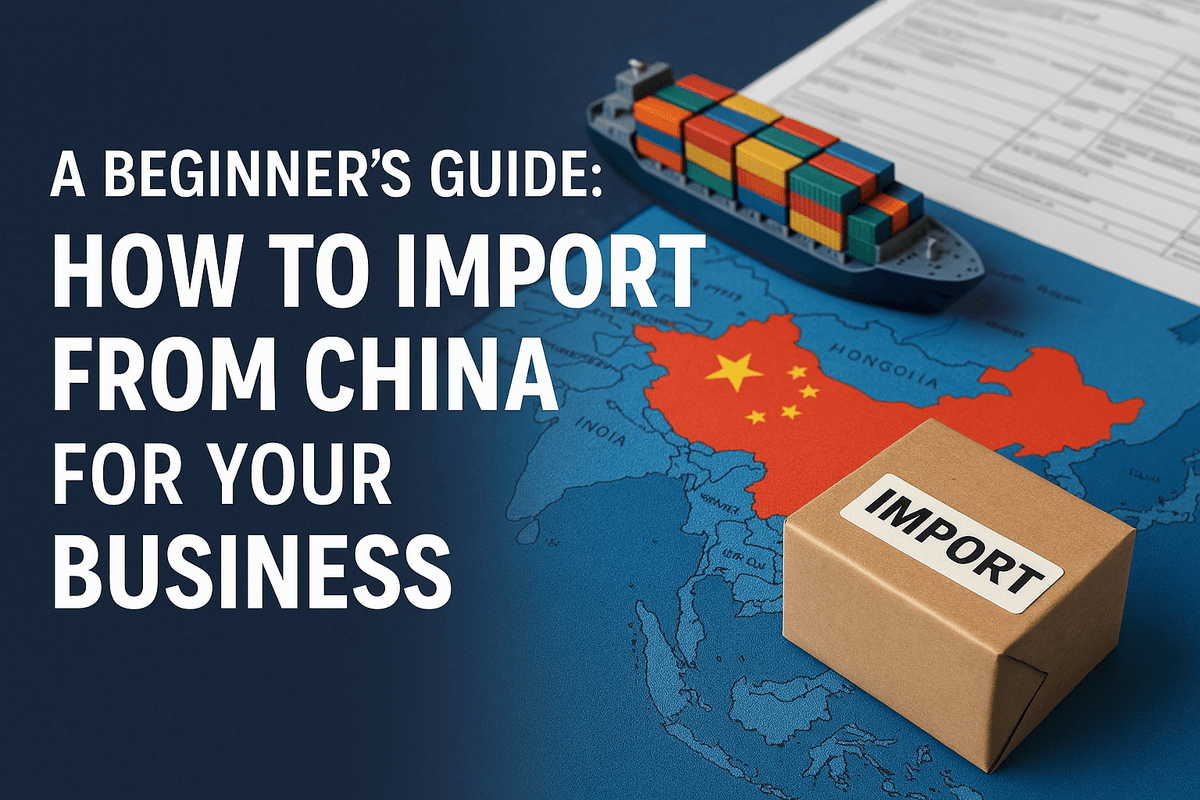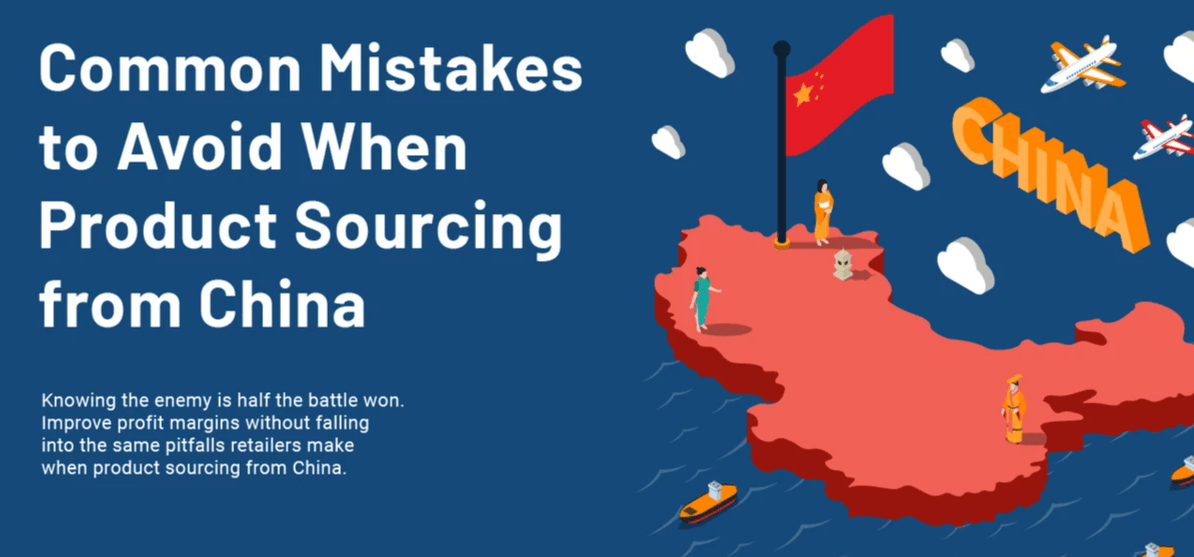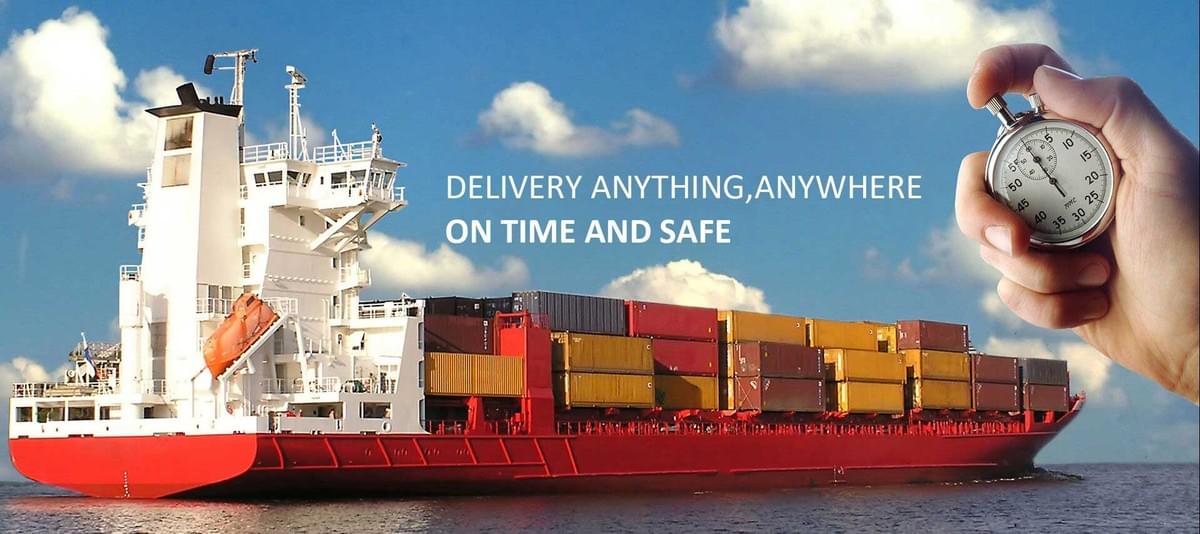Introduction: A Cautionary Tale of International Trade (That You're About to Ignore Until It Happens to You)
Imagine receiving a shipment worth $13,000, only to discover that every single item is virtually worthless—about as functional as a chocolate teapot or as waterproof as toilet paper. This isn't a nightmare scenario—it's a real-life lesson that countless importers learn the hard way when sourcing products from overseas, usually accompanied by the distinct sound of their dreams (and bank account) shattering.
Welcome to international trade, where optimism goes to die and cynics live to tell profitable tales.

The Costly Illusion of Trust (Or: How Your Business Relationships Are Like Dating Apps—Profiles Often Misleading)
In the world of international trade, especially when importing from China, confidence can be a dangerous companion—like bringing a lit match to check for gas leaks. Our recent case study reveals a stark reality that many entrepreneurs overlook: past success is no guarantee of future quality, much like how your favorite restaurant's five-star rating doesn't prevent food poisoning on your anniversary dinner.
Trust in manufacturing is like milk left on the counter—it spoils faster than you'd expect and leaves a mess that's hard to clean up.
3 Critical Mistakes That Can Destroy Your Import Business (And Have You Updating Your LinkedIn Profile at 2 AM)
1. The Sample Trap: Don't Be Fooled (They're Using the Business Equivalent of Instagram Filters)
- Pro Tip: A perfect sample doesn't equal a perfect shipment, much like how a dating profile picture from 2010 doesn't represent what's showing up for coffee in 2025.
- Manufacturers often present their absolute best product as a sample—hand-crafted with love, attention, and probably the CEO's personal blessing. But mass production can dramatically differ, like comparing a gourmet cooking show to a fast-food drive-thru. What looks flawless in a carefully curated sample can quickly become a warehouse full of defective goods that make you question your life choices and possibly your intelligence.
- Reality Check: That flawless sample was probably made by their most skilled worker, possibly under direct supervision from three managers and with materials they don't typically use for mass production. Meanwhile, your actual order was likely assembled by whoever happened to be available that day, possibly while watching TikTok.
2. Overconfidence: The Silent Business Killer (Just Like Those "One More Cookie Won't Hurt" Thoughts)
Repeated successful orders can create a false sense of security, like thinking you won't get caught speeding because you haven't been pulled over yet. In our case study, the importer had a history of smooth transactions, which led to:
- Skipping crucial quality checks (because surely lightning never strikes twice, right?)
- Assuming continued reliability (as reliable as weather forecasts two weeks out)
- Risking an entire investment (and possibly their business, marriage, and mental health)
Warning Signs You're Too Comfortable:
- You've stopped having anxiety dreams about your shipments
- You use phrases like "they wouldn't do that to me" or "we have a relationship"
- You're already spending the profits from goods you haven't inspected yet
3. Never Trust In-House Quality Control (It's Like Asking Your Dog If It Needs a Walk)
- Red Flag: Allowing the manufacturer to inspect their own products is like letting a fox guard the henhouse, or asking your child if they really need supervision around the cookie jar.
- Independent quality control is not an expense—it's an investment, like smoke detectors or underwear that fits properly. For just $199, our case study importer could have saved $13,000 in potential losses. That's a 6,533% return on investment, making it possibly the best financial decision since buying Apple stock in 1980 or not buying cryptocurrency in 2021.
- Fun Fact: Manufacturers conducting their own quality control have been known to develop sudden, selective blindness to defects that would be visible from space.

The Real Cost of Cutting Corners (A Mathematical Proof That Penny-Wise is Pound-Foolish)
Let's break down the financial impact with the kind of simple math even sleep-deprived entrepreneurs can understand:
- Shipment Cost: $13,000
- Potential Quality Control Cost: $199
- Potential Savings: Entire shipment value (that's 65.3 times what you'd spend on quality control)
- What You Could Buy Instead of Worthless Products: A used car, 13 high-end refrigerators, or approximately 4,333 cups of overpriced coffee
Bonus Calculation: Factor in therapy costs for dealing with the trauma of lost investment, and you're looking at an additional $150 per session until you stop having nightmares about defective products chasing you.
Proven Strategies for Safe Importing (Or: How to Sleep at Night Without Pharmaceutical Assistance)
1. Always Use Independent QC (The Business Equivalent of a Prenuptial Agreement)
- Hire third-party inspection services who have no emotional or financial stake in passing subpar products
- Conduct pre-shipment inspections, because catching problems before your products cross an ocean is slightly easier than after
- Get detailed reports before goods leave the factory, including photos that haven't been through more filters than a professional Instagram influencer
Cost-Benefit Analysis: Would you rather explain to your business partners why you spent \199 on inspection or why you have \13,000 worth of expensive garbage?
2. Diversify Your Supply Chain (Don't Put All Your Eggs in One Questionable Basket)
- Don't rely on a single manufacturer, no matter how charming their sales representative is
- Build relationships with multiple suppliers, playing them off each other like you're in a reality dating show
- Create backup options for when (not if) something goes wrong, because Murphy's Law applies double in international trade
Strategic Advantage: When suppliers know you have options, they mysteriously develop higher standards and better communication skills.
3. Invest in Detailed Contracts (Because "We Had a Verbal Agreement" Won't Help You in International Court)
- Specify exact quality standards down to measurements that would impress NASA engineers
- Include penalty clauses for substandard goods that make manufacturers think twice about cutting corners
- Clearly define acceptable quality levels using terms that can't be creatively misinterpreted
Legal Reality: A contract without specific quality benchmarks is about as useful as a screen door on a submarine.

Real-World Advice from Industry Experts (Who Learned These Lessons So You Don't Have To)
"Experienced China importers always get product inspected because this happens so often. It's not a matter of if you'll receive defective products, but when—and how badly it will hurt your business when it happens." - Thomas Cutler, International Trade Consultant (and person who has seen things that would make your hair turn gray)
Translation: People who've been in this business long enough trust their manufacturers about as far as they can throw their container ships.
Conclusion: Your Action Plan (Or How to Not Be the Subject of Our Next Cautionary Tale)
- Budget for quality control like it's as essential as coffee in your morning routine
- Never skip independent inspections, even if your supplier sends you holiday cards or names their child after you
- Treat each shipment as a potential risk, because international shipping is to business what horror movies are to babysitting teenagers
Remember: In the importing world, paranoia isn't a mental health concern—it's a business strategy.
Author: ChinafulLink Team (A group of people who've collectively lost enough money on bad shipments to buy a small island, and who now sleep soundly thanks to rigorous quality control procedures and occasionally, melatonin)